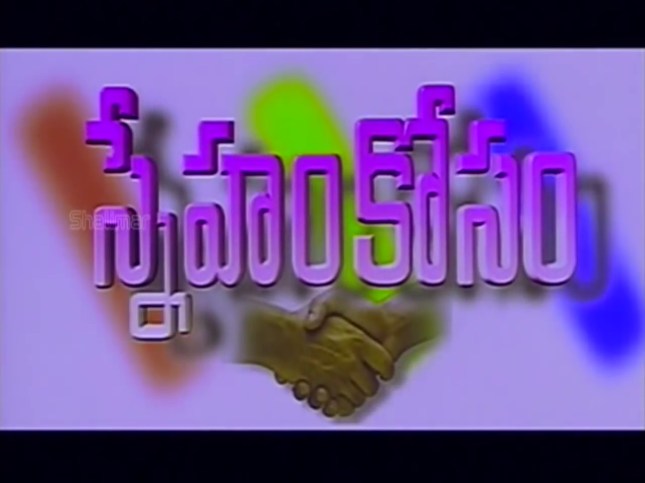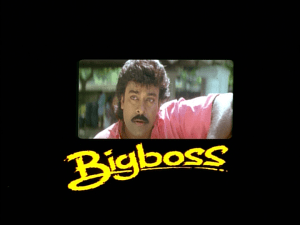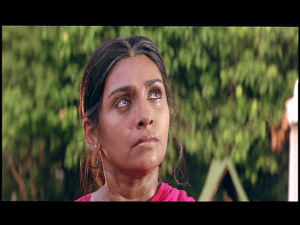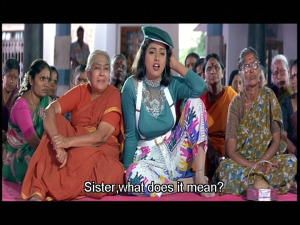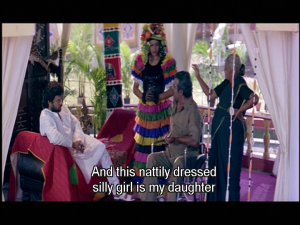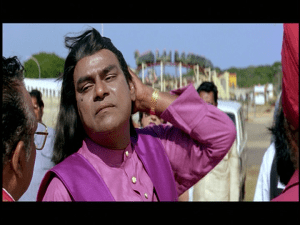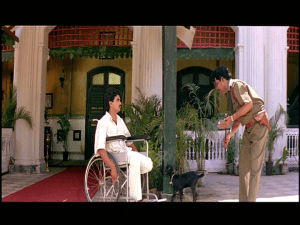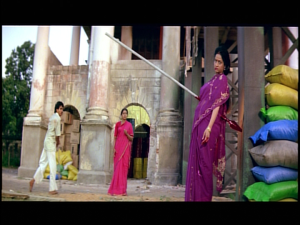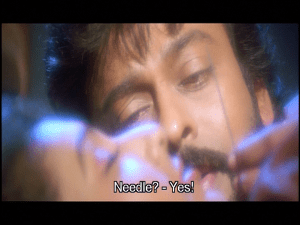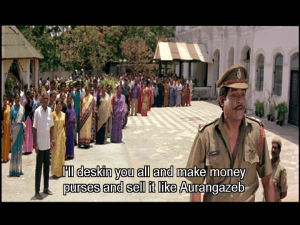
It took me a few weeks to watch this film as I just couldn’t get past the brutalisation of Rajakannu, Sengeni and their families by the police. However, it’s well worth sticking it out past the first hour as the film ends up as an excellent legal drama with superb performances from the entire cast. In particular, Lijomol Jose stands out as a tribal woman fighting for justice against an entire system which discriminates against her at every turn while Suriya excels in a more subdued role as the advocate fighting for justice.

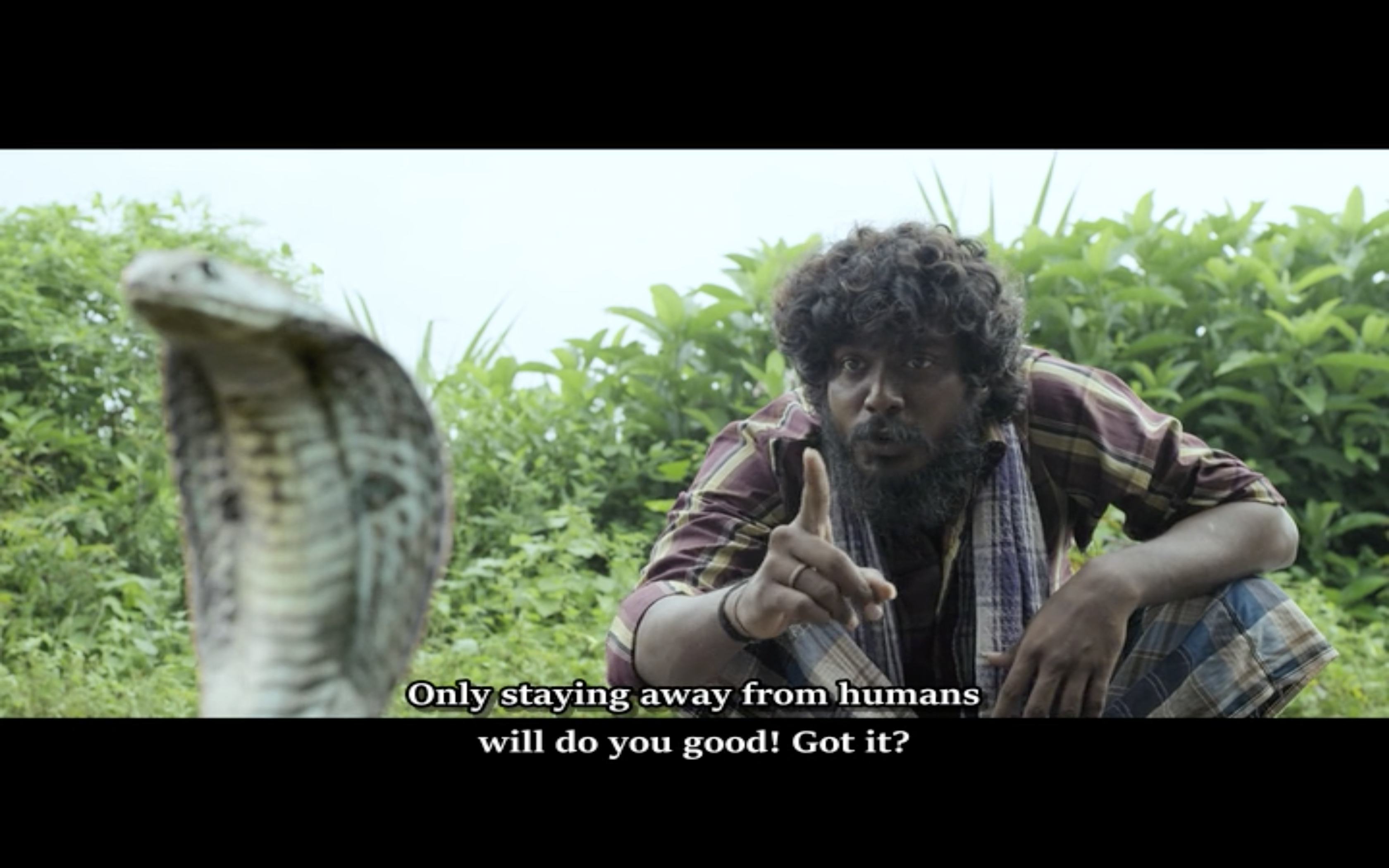
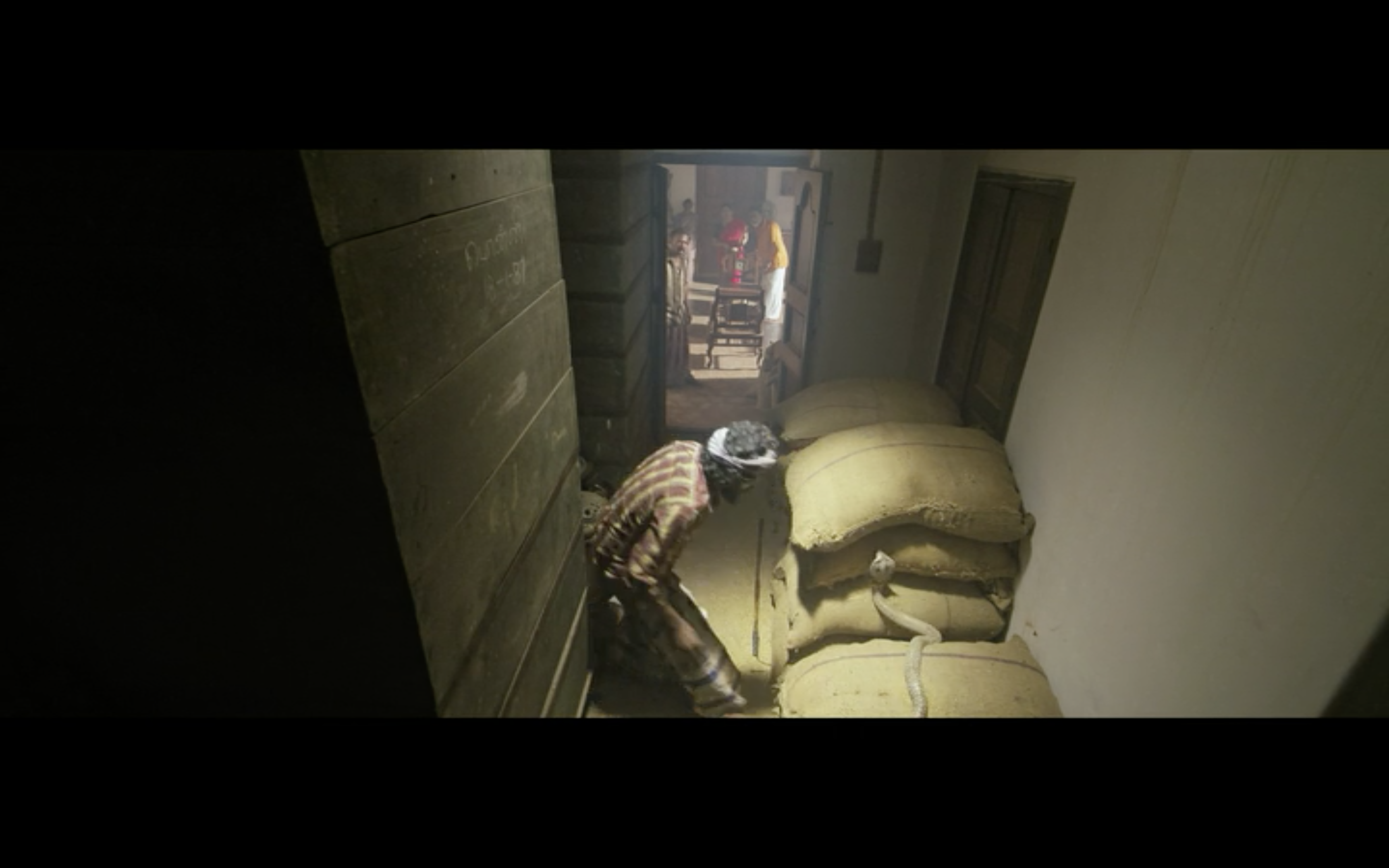
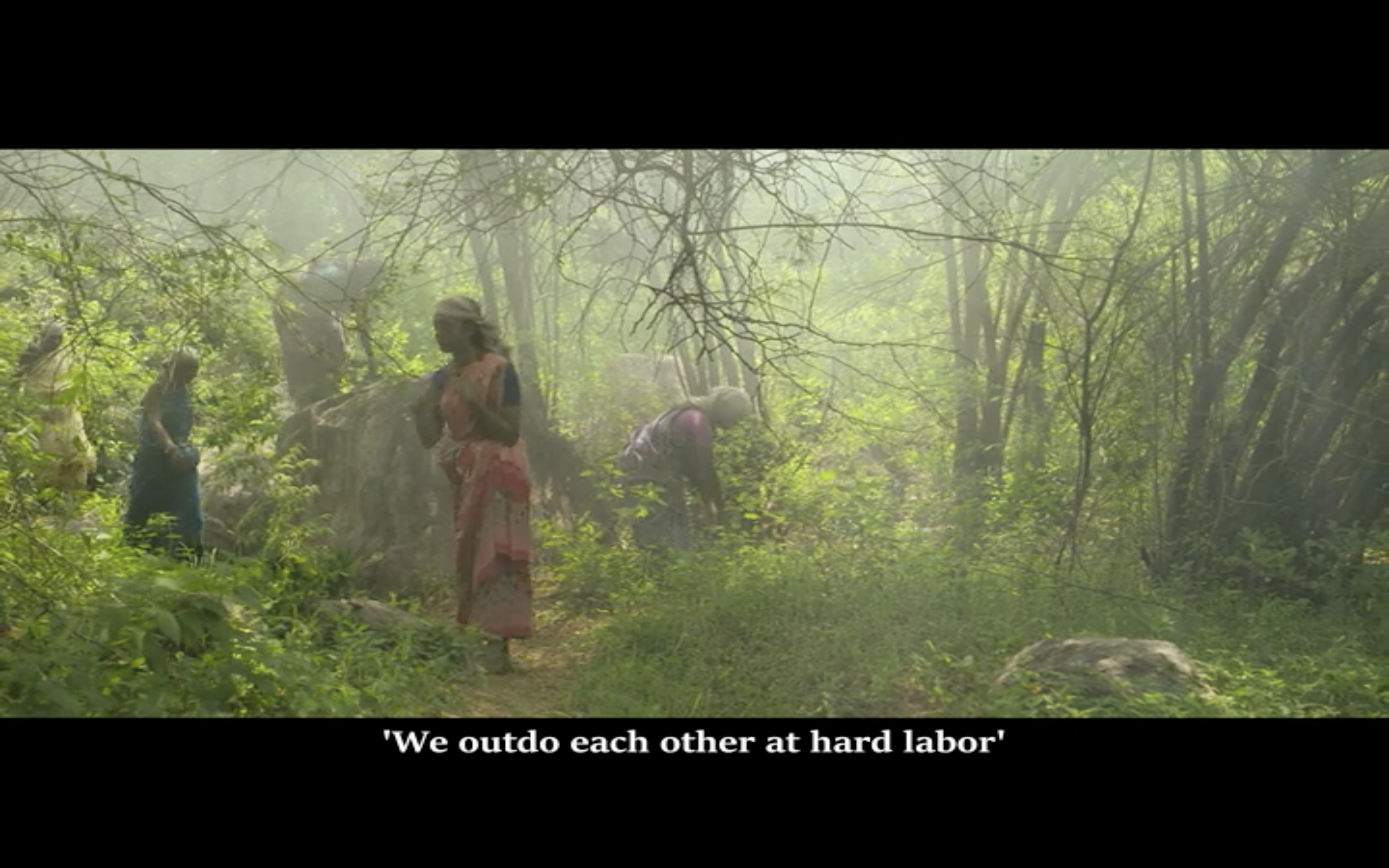
The film starts with a demonstration of wanton discrimination with prisoners being selected to be charged with false cases based on their caste. It’s a short and callous scene that sets the tone for the rest of the film illustrating that there is no mercy and no justice for those who have no social standing or who cannot afford bribes. The film then moves to Rajakannu (Manikandan) and his family trapping rats for the local famers and catching snakes. Although they have been employed by the landowners to carry out this work, they are treated as vagabonds and ruffians, seemingly due to their poverty and inability to rise above their lowly status. The tribal people live in a vicious circle of being unable to obtain the rights other villagers take for granted as they cannot obtain documentation, without which they cannot vote, register for land or tribal grants and are therefore not seen as existing at all.
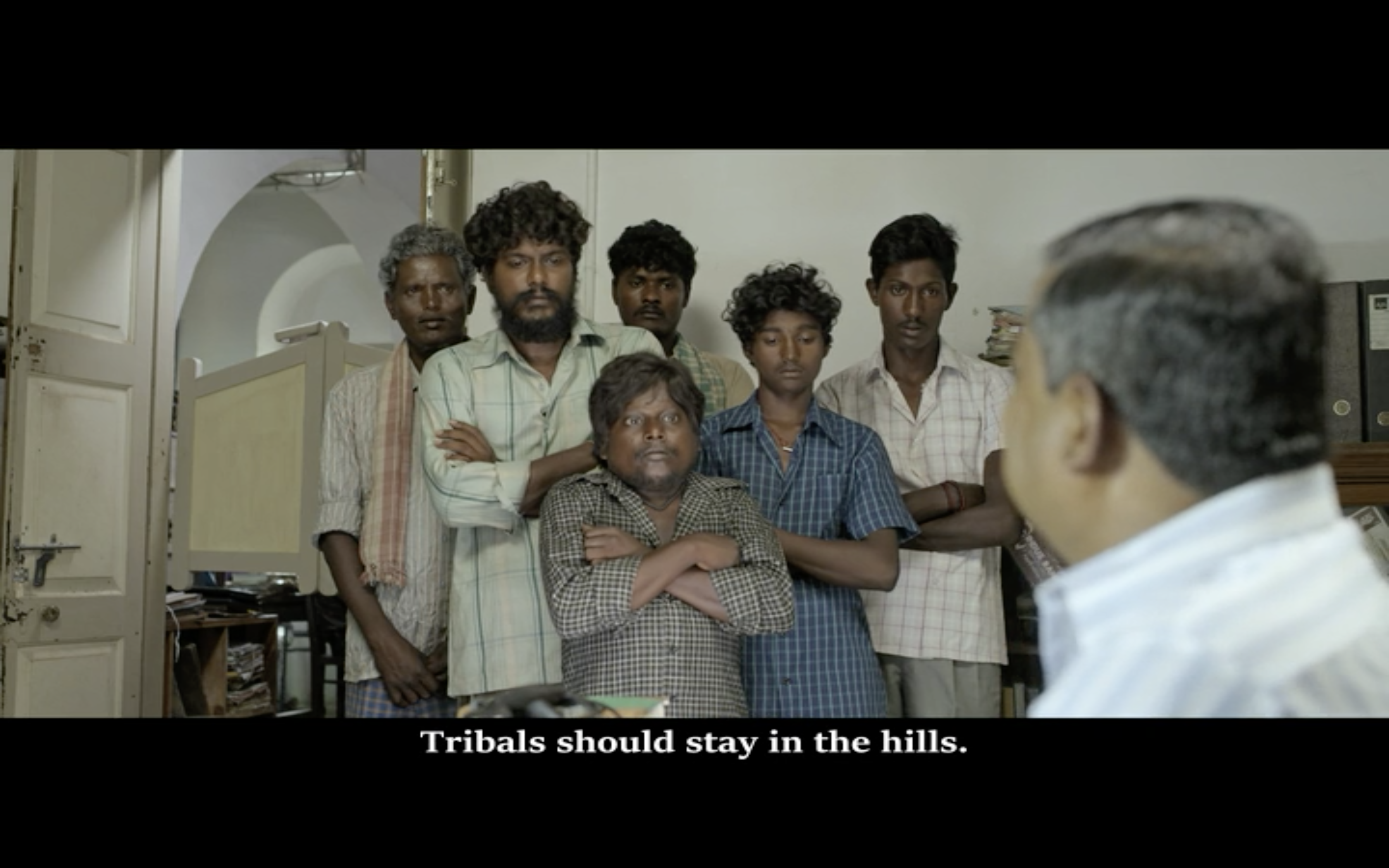



In the midst of all this callous and barbarous treatment, Rajakannu and Sengeni (Lijomol Jose) hope for a better life, dreaming of one day owning a brick house in the village. It’s somewhat ironic then that Rajakannu has to leave and work as a labourer making bricks while Sengeni is pregnant and stays at home to look after their daughter. However, a jewellery theft at the local headman’s house results in Rajakannu being accused of the crime after he was known to have been at the house to catch a snake, despite being nowhere in the vicinity at the time. As Rajakannu is away at the brick factory, his brother Iruttupan (M. Chinraasu), his sister Pachaiammal (Sujatha), his brother-in-law Mosakutty (Rajendran) and the very pregnant Sengeni are all taken to the police station and tortured to find out his whereabouts. Once they have Rajakannu, the two women are released, but the torture continues for Rajakannu and the other 2 men as the police, Sub-Inspector Gurumurthy (Tamizh), Constable Veerasamy (Supergood Subramani) and Constable Kirubakaran (Bala Hasan) try to beat a confession from them.
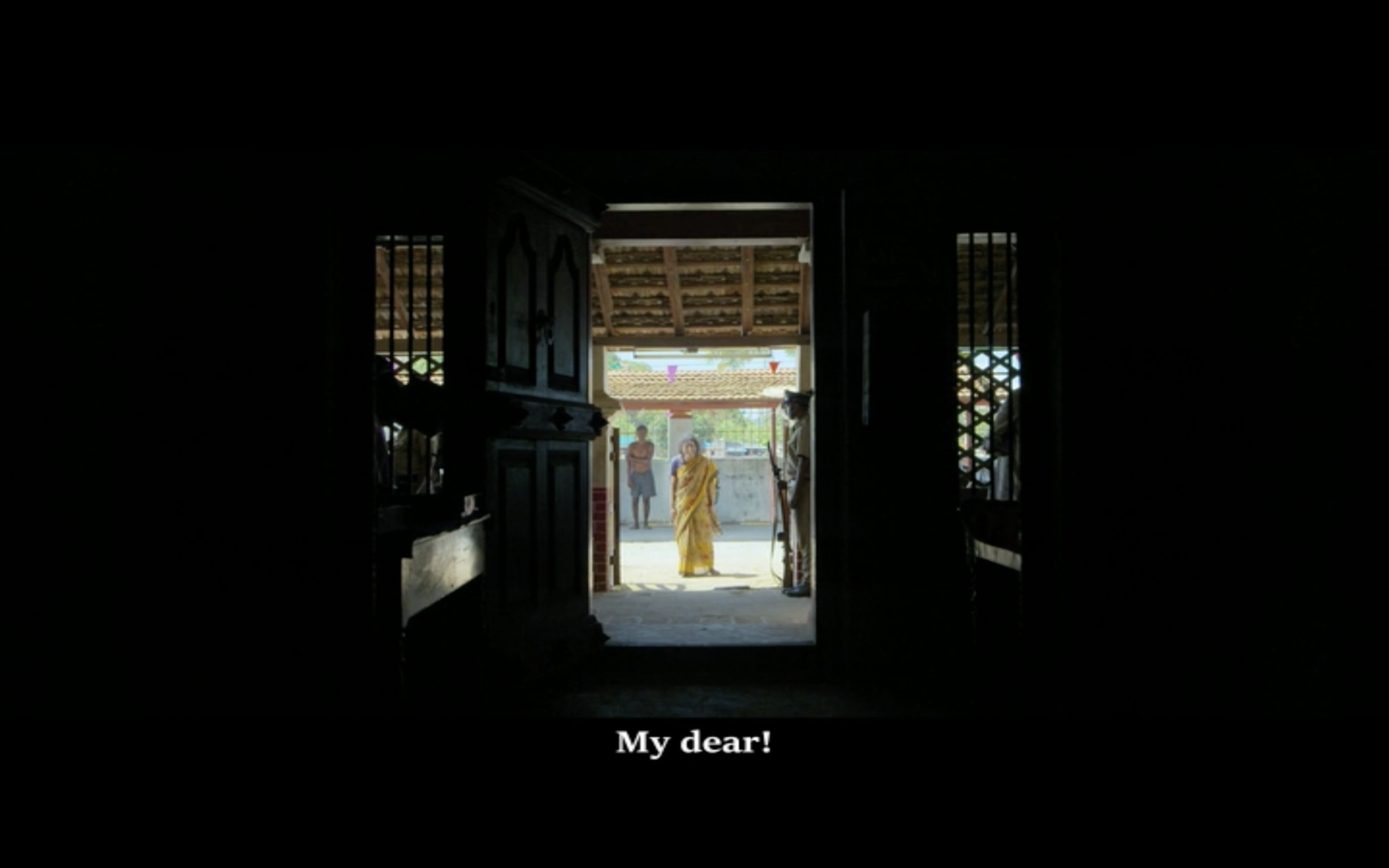

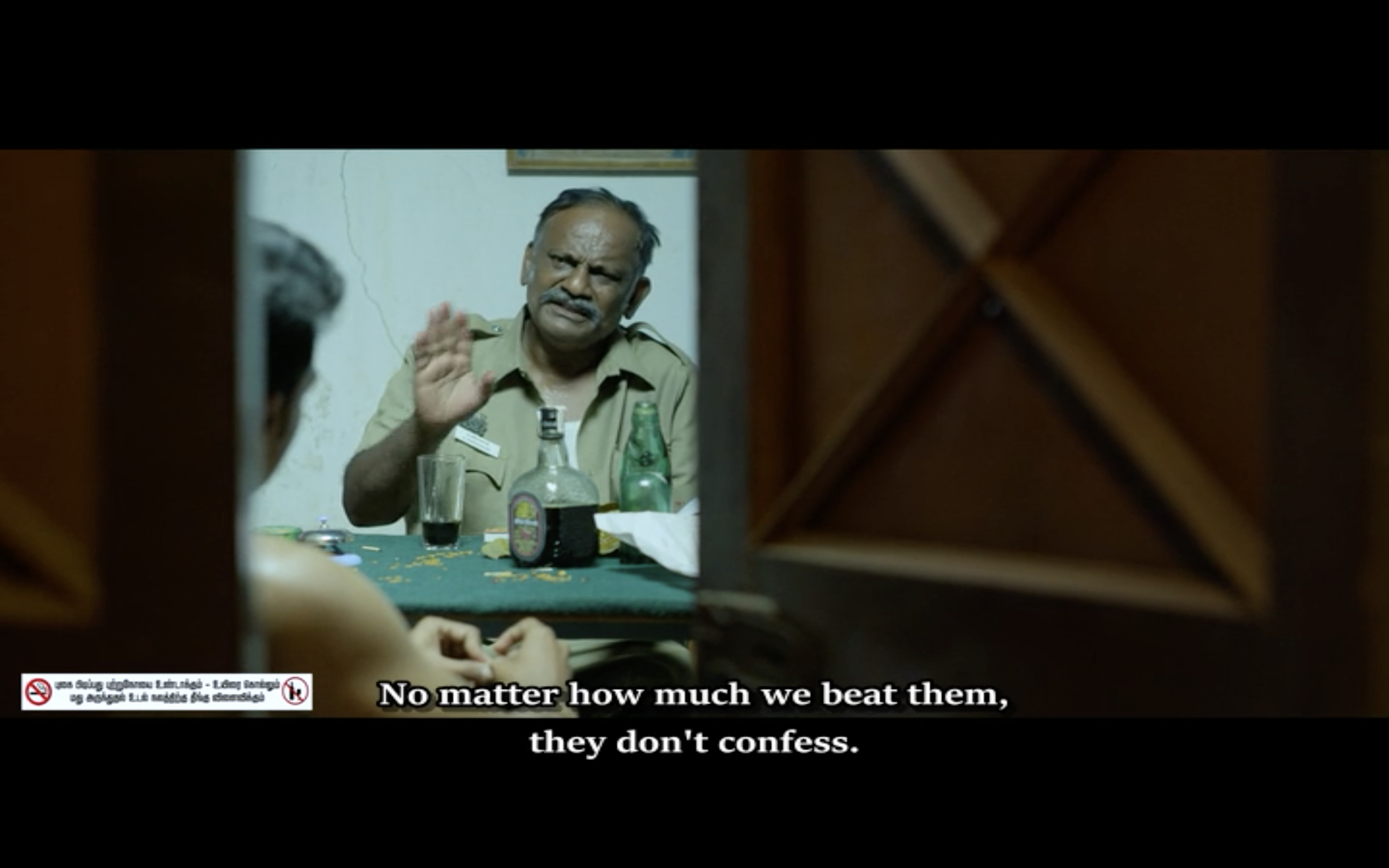
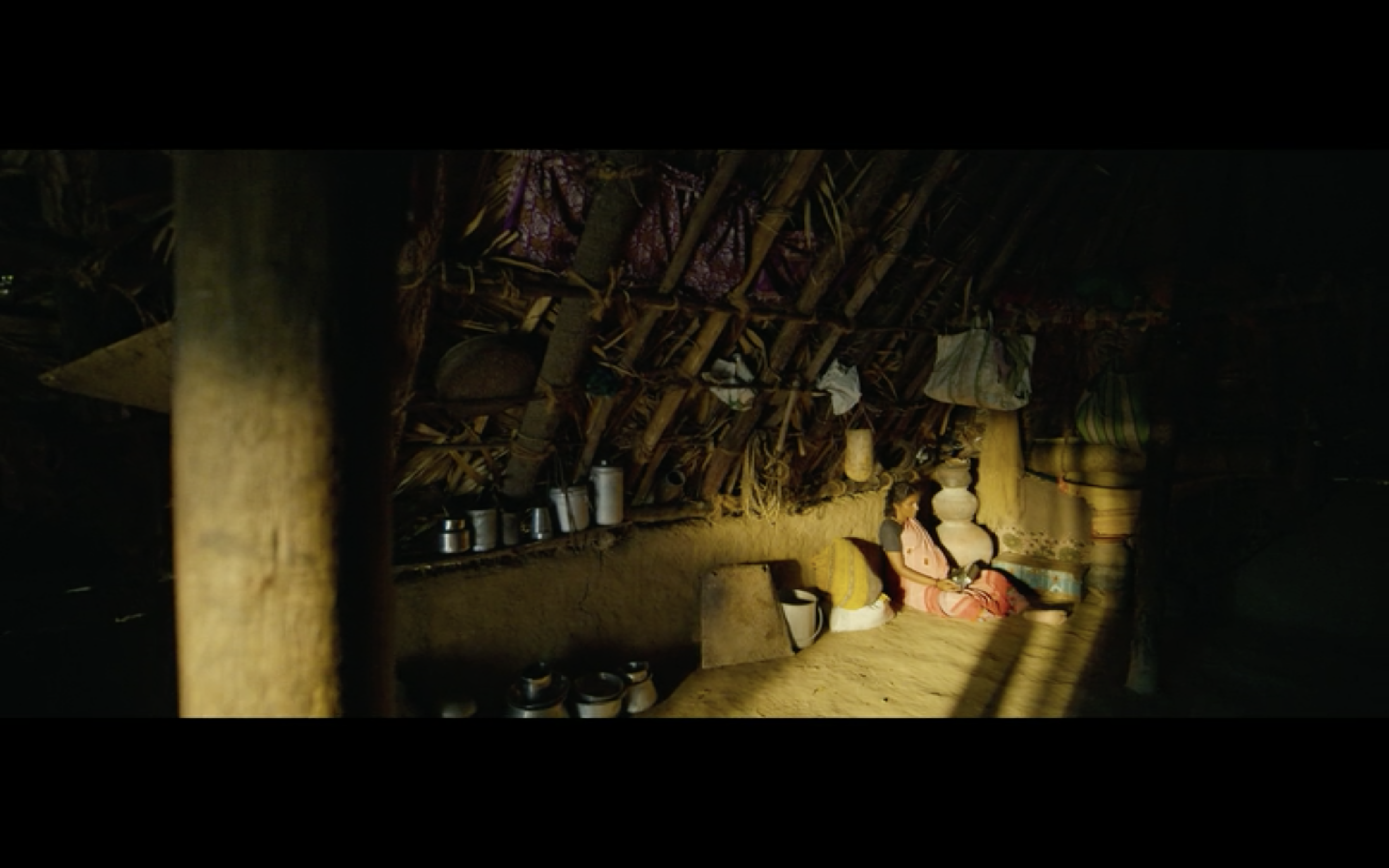

Arriving at the police station the next day, Sengeni is told that her husband Iruttupan and Mosakutty have all escaped, but there is no trace of them anywhere. Desperate, Sengeni enlists the help of Mythra (Rajisha Vijayan), an educated woman who has been teaching the adults to read and write. Mythra also struggles to make her voice heard, but on finding out about a lawyer who fights pro bono for human rights cases she enlists his help for Sengeni. Once Chandru (Suriya) takes the case, Sengeni finally has someone who is listening to her who will fight for her right to justice.
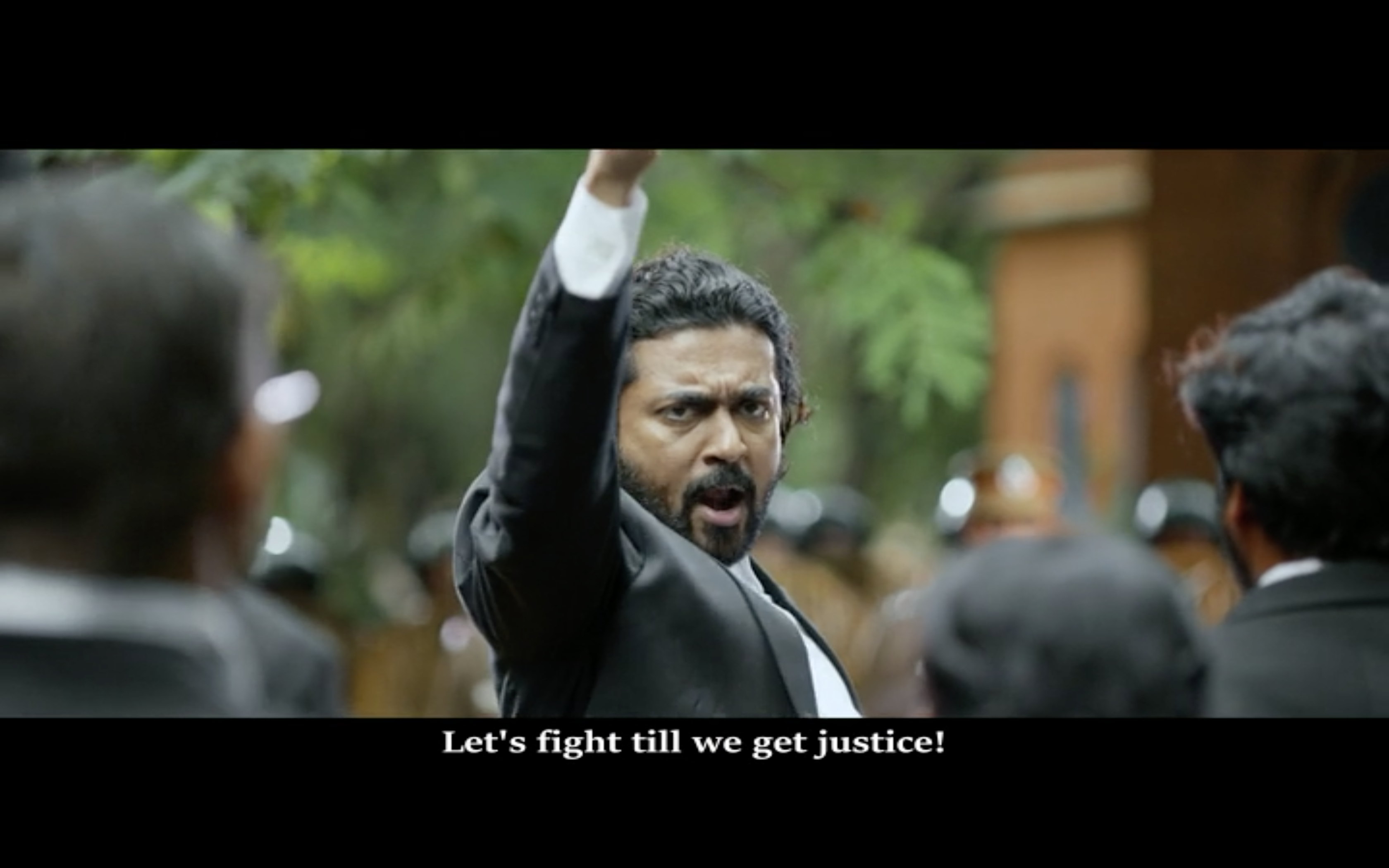

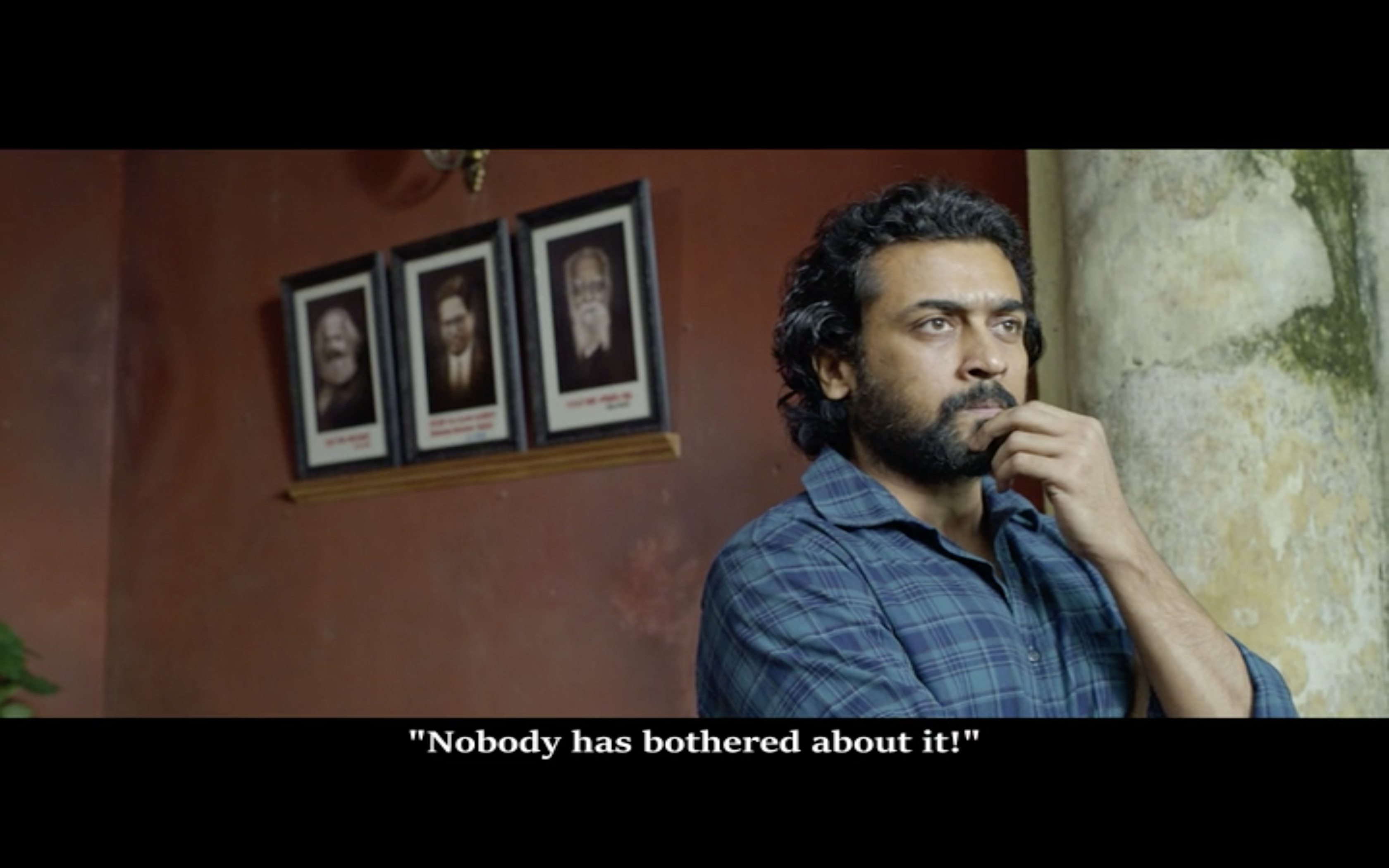
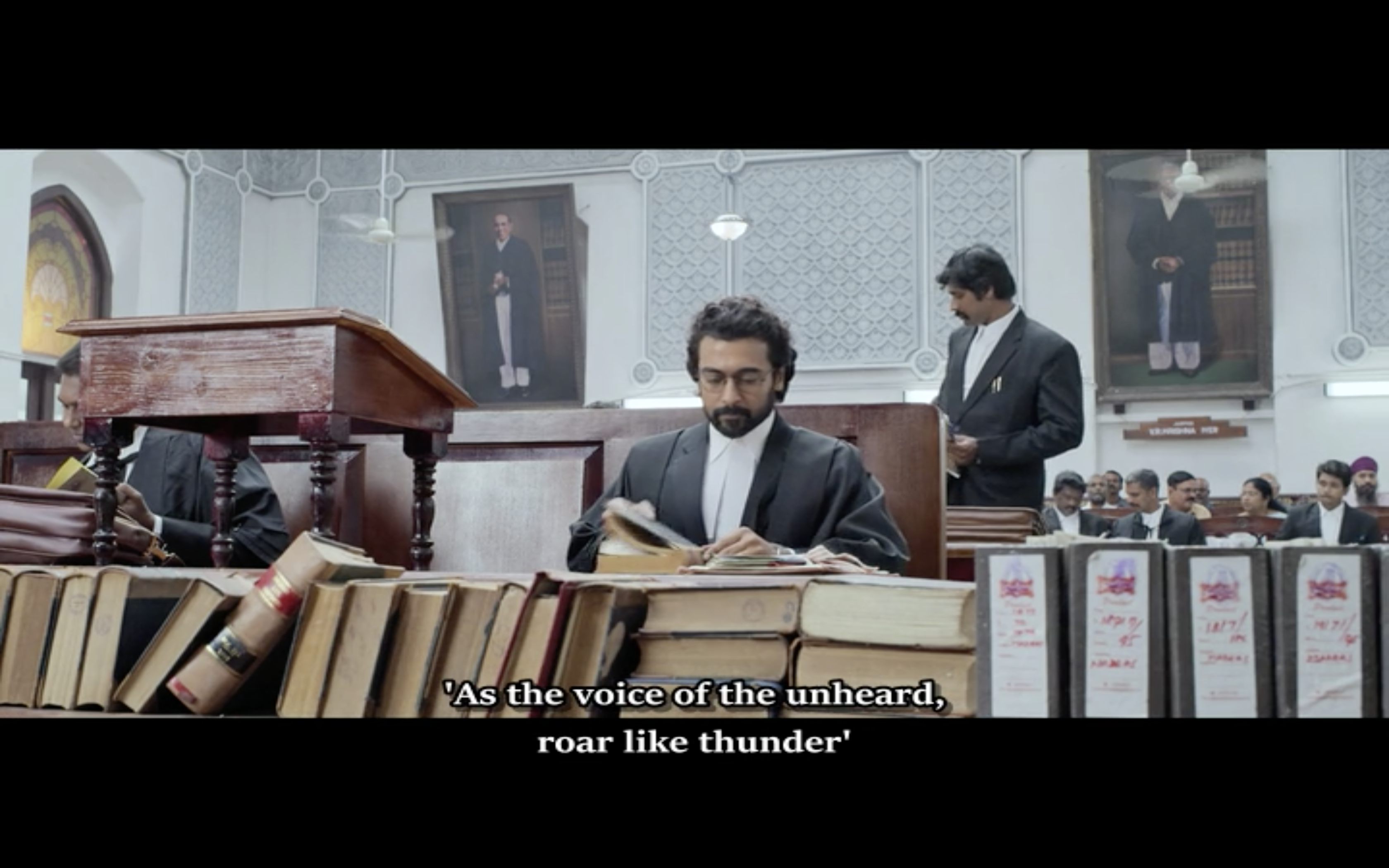
The first hour of the film is unforgivingly brutal and difficult to watch. The torture of the women and men is shown in enough detail to make for gruesome viewing, and it seems to be never-ending. In between the scenes of beating and torture, the general social injustice shown to the tribal people is also shockingly inhumane, particularly since it is shown to be so casual and ingrained with villagers who themselves are living quite poorly. It took a couple of attempts for me to get through this section of the film, as it really is quite horrific and depressing. Thankfully, once the court case starts, there is more optimism and despite the investigation team having to revisit the horrors of the men’s imprisonment and torture, there is respect for Sengeni and her determination to find out the truth.



Chandru is assisted by IG Perumalsamy (Prakash Raj) who, despite his dislike of lawyers and support of police brutality, vows to conduct a fair and thorough investigation. As more and more corruption comes to light, Advocate General Ram Mohan (Rao Ramesh) takes over the police defence and attempts to get the case thrown out of court. Perhaps unrealistically, Chandru seems to have little difficulty in getting the judges to see his point of view. He is able to get time to conduct investigations and support for his questioning of witnesses without too much difficulty and his speeches in court are simple and to the point. The drama and suspense is kept for the investigation into what has happened to the 3 men, with Chandru racing across the countryside trying to find witnesses who can discredit the police story. There is also constant pressure on Sengeni to back down which includes more intimidation from the police as well as offers of large amounts of compensation if she will drop the case.

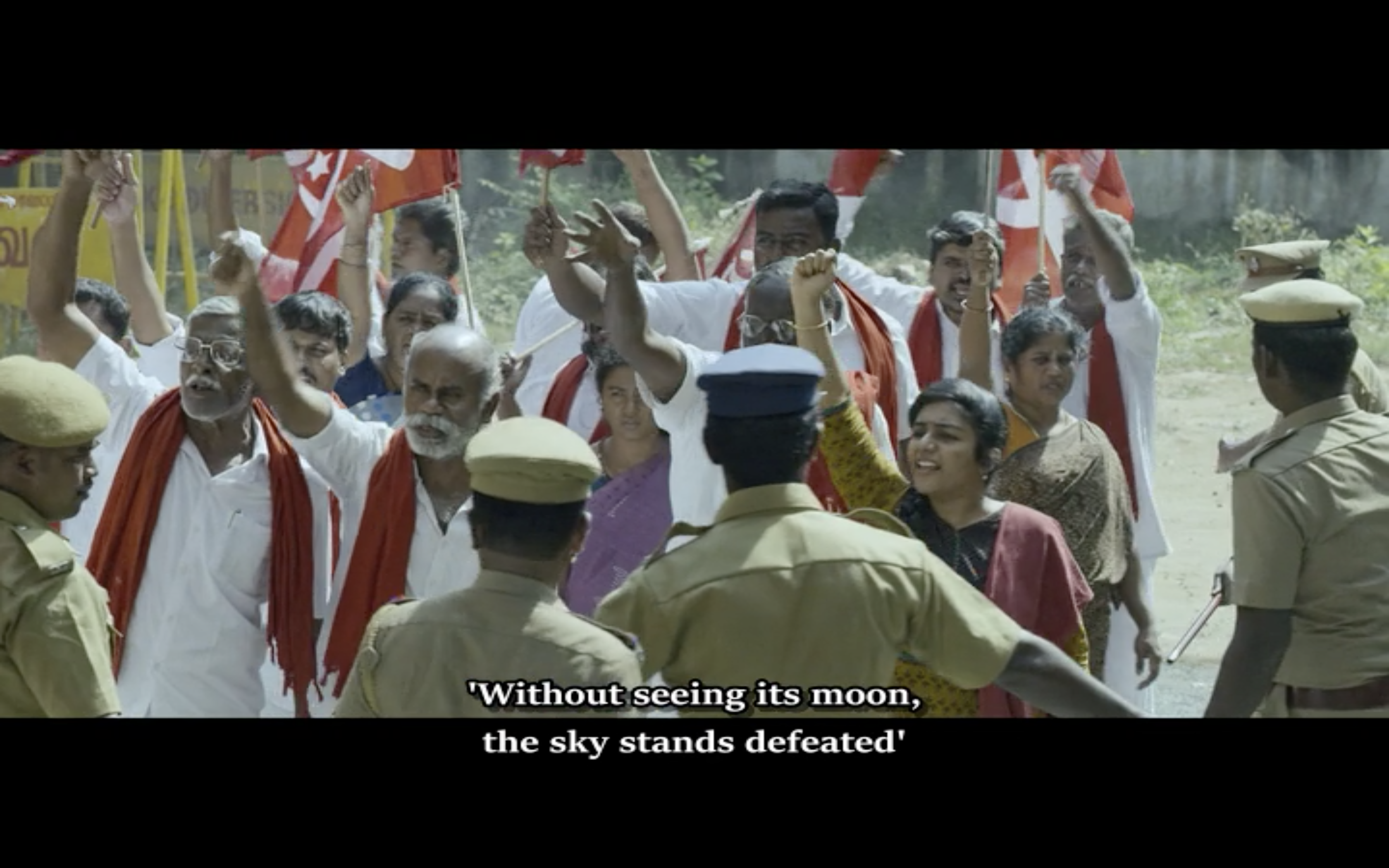



What makes this film for me is the strength and determination shown by Sengeni in the face of so many obstacles. Despite her lack of literacy and knowledge about the legal system, she is steadfast in her desire to find out the truth no matter how impossible it seems. Lijomol Jose is simply brilliant and her portrayal of Sengeni drives home the almost insurmountable challenges faced by someone of her status trying to challenge the state authority. She makes Sengeni’s love for her husband a natural extension of their family life together, and her terror while in the hands of the police, followed by her devastation when Rajakannu disappears is perfectly shown. The character of Sengeni comes alive in her capable hands and she invests the audience in her story at every step.
Suriya is also excellent, although his performance focuses more on Chandru’s determination for justice rather than on flowery court speeches or dramatic discoveries. There is little backstory and no explanation of why he so strongly supports human rights, but despite this he is credible as a lawyer and the more restrained performance suits the story. It also helps to focus attention on Sengeni and the police brutality as the key elements of the film. The contrast between his more humane approach and that of almost everyone else in the film, also emphasizes how endemic discrimination against people like Rajakannu and Sengeni is within the rest of society.

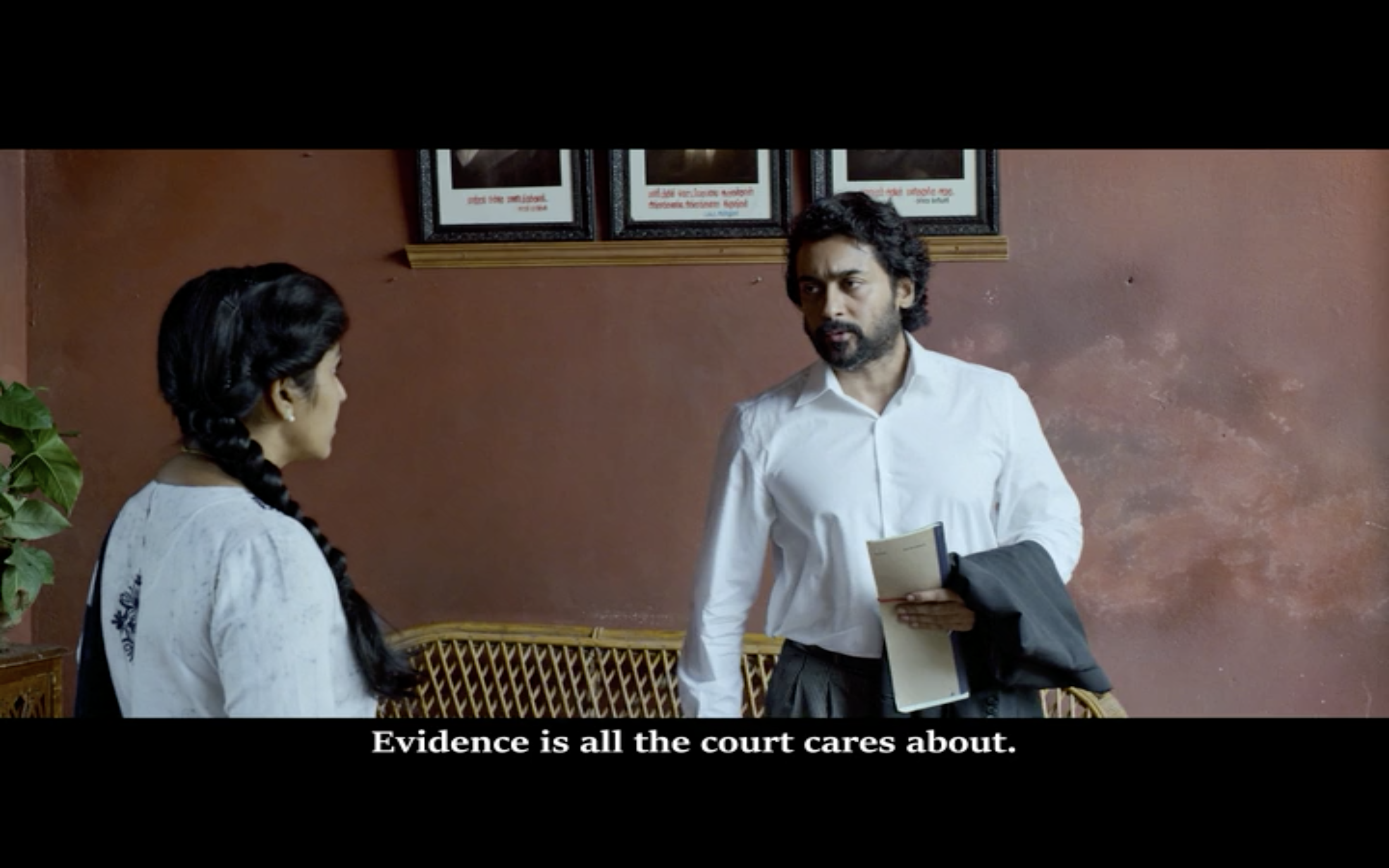

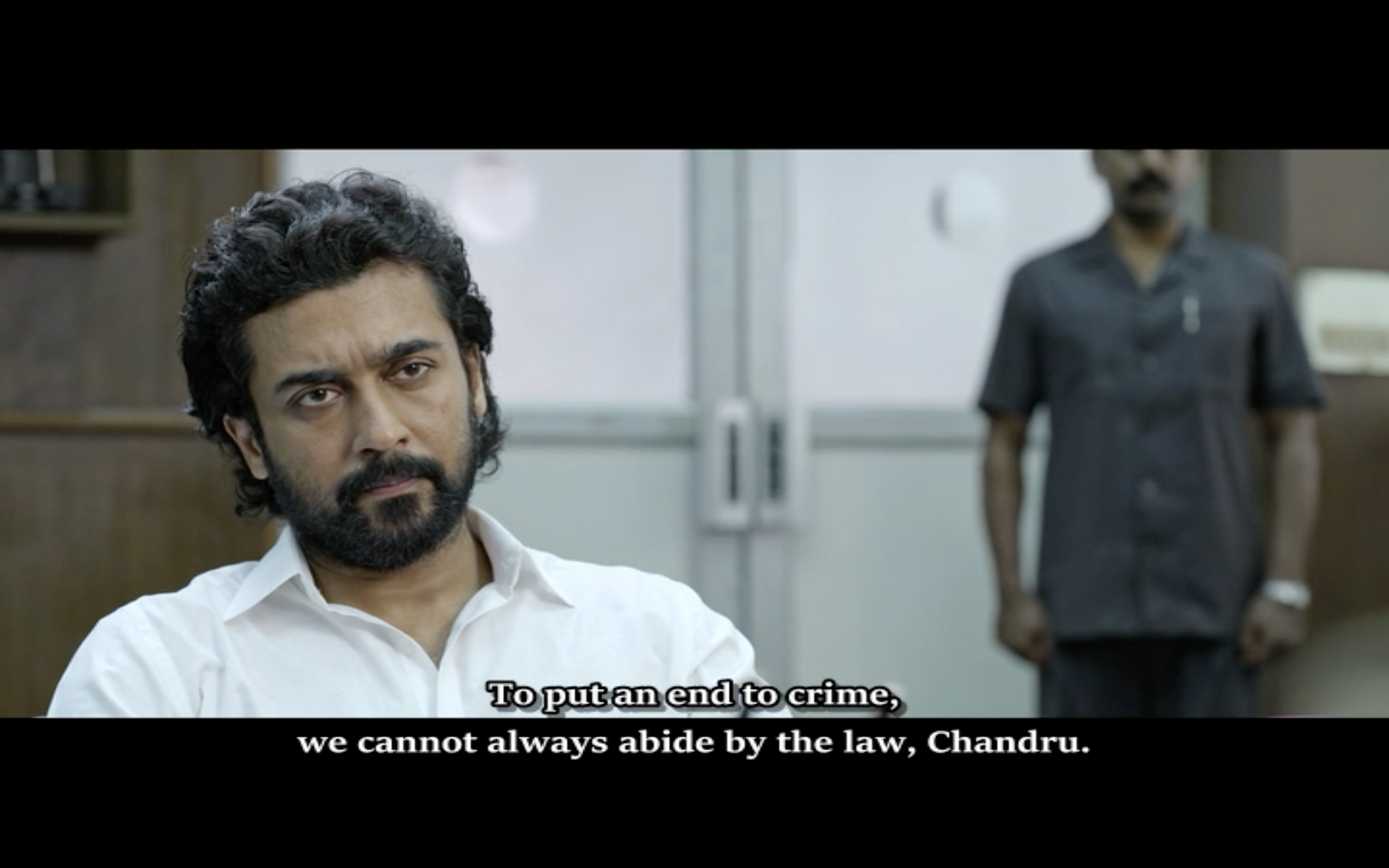
Director T.J. Gnanavel wrote the screenplay which is based on a true story according to IMDb etc. (Rather annoyingly the subtitles didn’t translate any of the written material on screen, which I think covered this aspect of the film). While the story is compelling, the overly long and frequently repeated scenes of police brutality and torture seemed unnecessary and at times almost voyeuristic. Perhaps Gnanavel was trying to shock his audience and drive home the issue of police violence, but for me they made the film difficult to watch as the torture scenes went on and on without any end in sight. What I found more shocking was the casual discrimination faced at every turn by the tribal people, something that had a more lasting and significant impact than all the violence shown in the police station because it was more realistic and believable. Despite these issues with the screenplay, the characterisations of the main characters are all excellent and once past the torture scenes the rest of the film works well. Issues of caste and social justice are often harrowing to watch but the overwhelming feeling from Jai Bhim is one of hope and resilience, despite the downbeat start to the film. The music from Sean Roldan is also emotive and fits well with the screenplay while S.R. Kathir’s cinematography impresses with his skill at framing and his contrast between the claustrophobic scenes in the police station and the light and air of the courtroom.
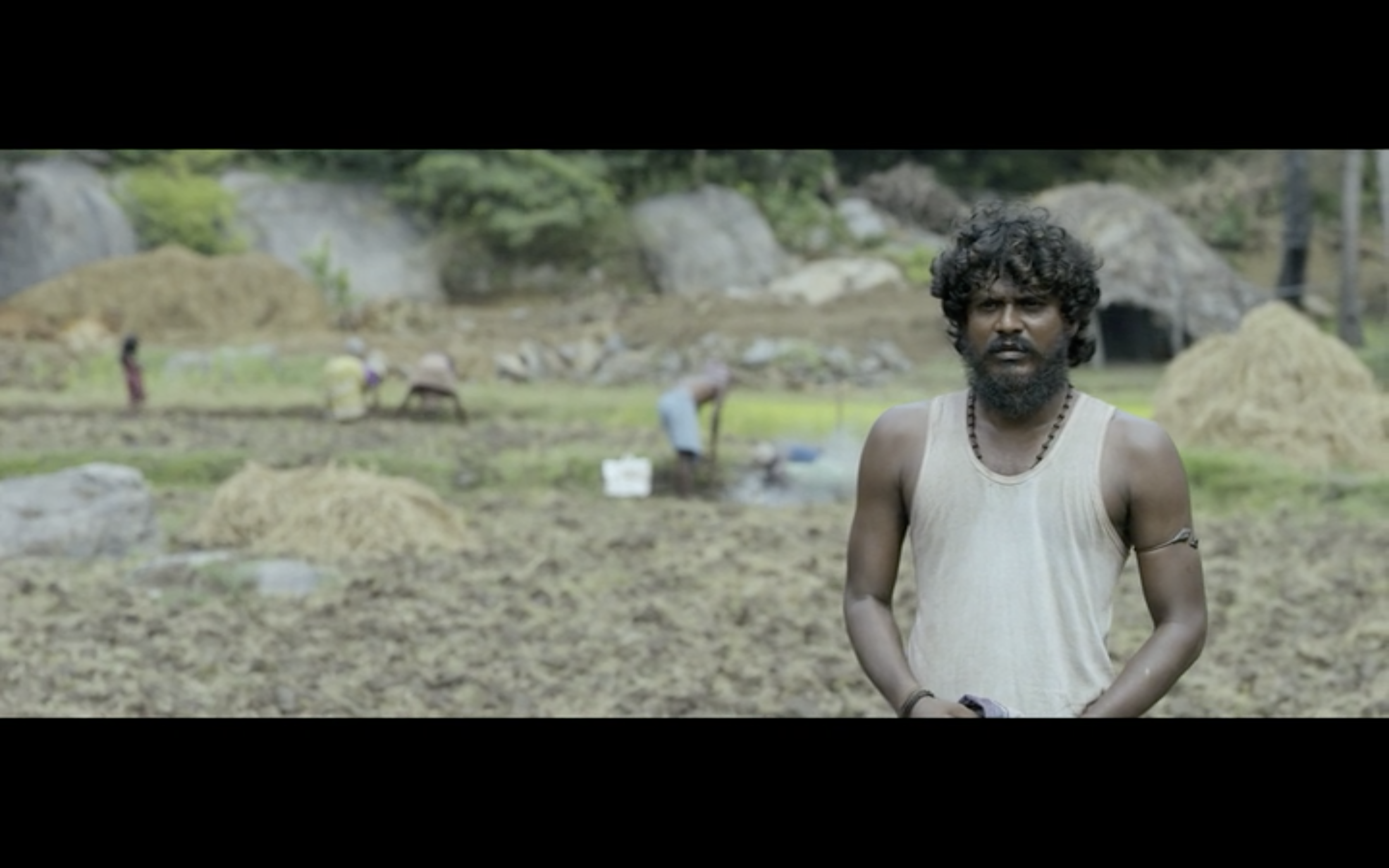
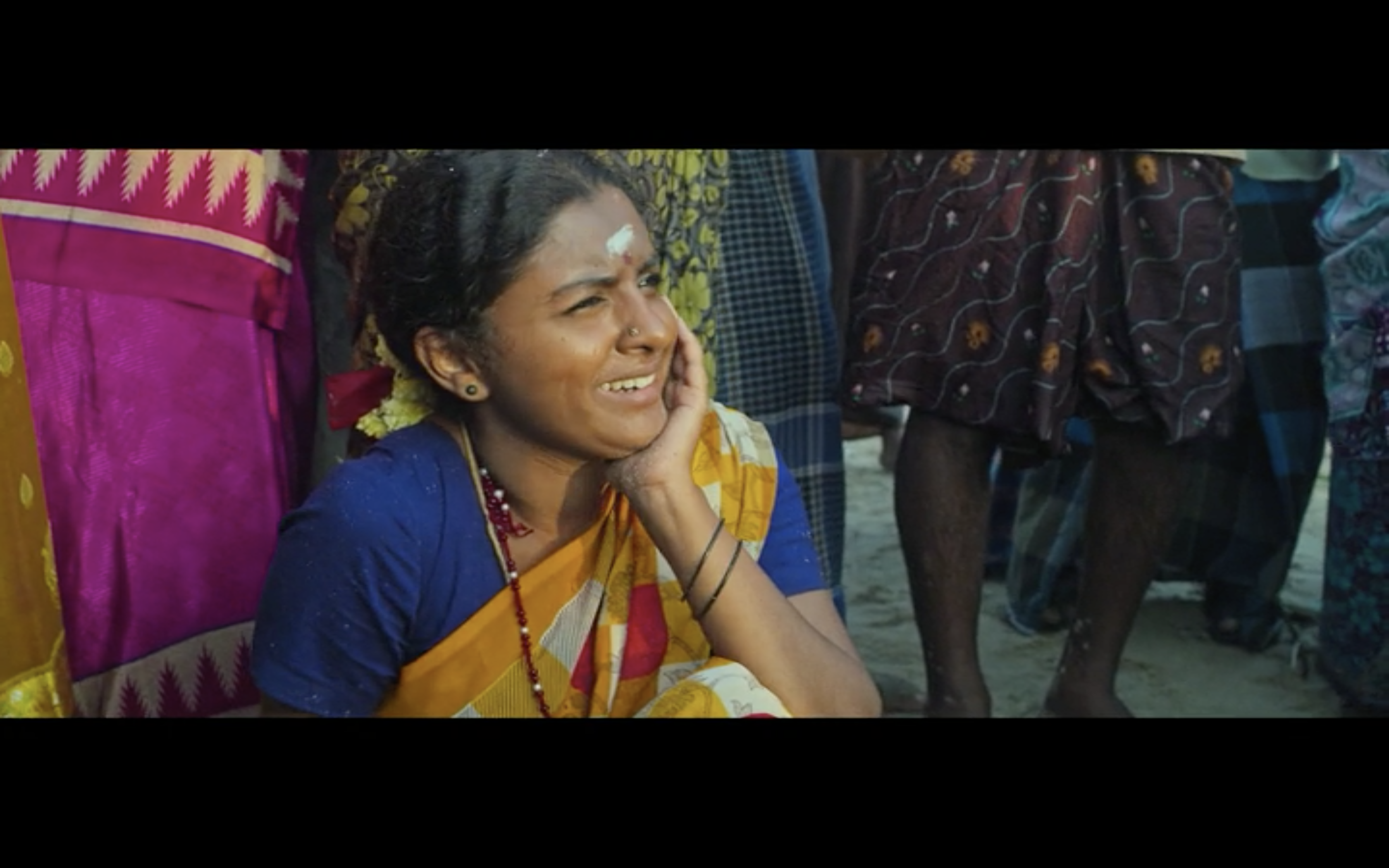

As I wrote at the start, this was a difficult film to watch, which I think was the point T.J. Gnanavel was trying to make. I’m not sure if this was the best approach for such an important subject and I’m sure that making the torture scenes shorter would still get the message across just as well without reducing the impact. If you can make it through the first hour, the rest of the film does impress. Not for the faint-hearted but well worth it for Suriya, Lijomol Jose and the rest of the excellent cast. 4 stars.
